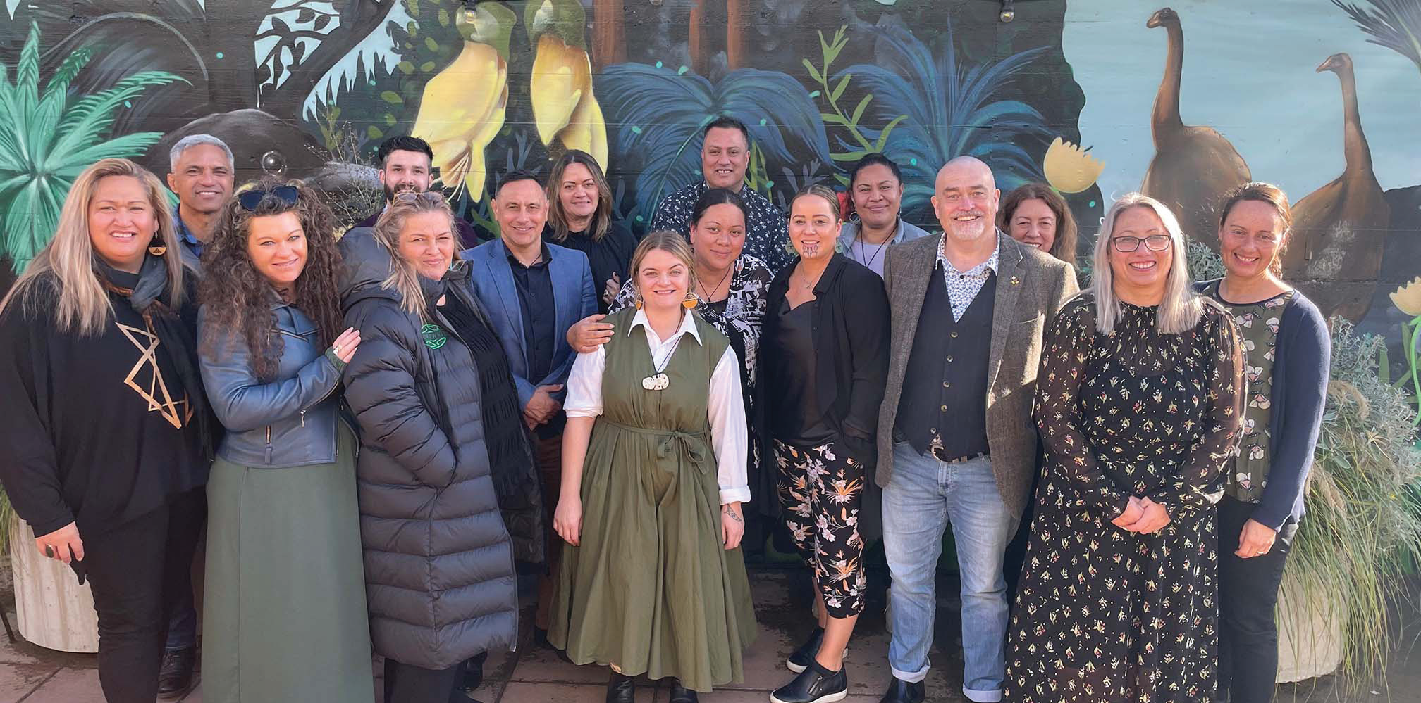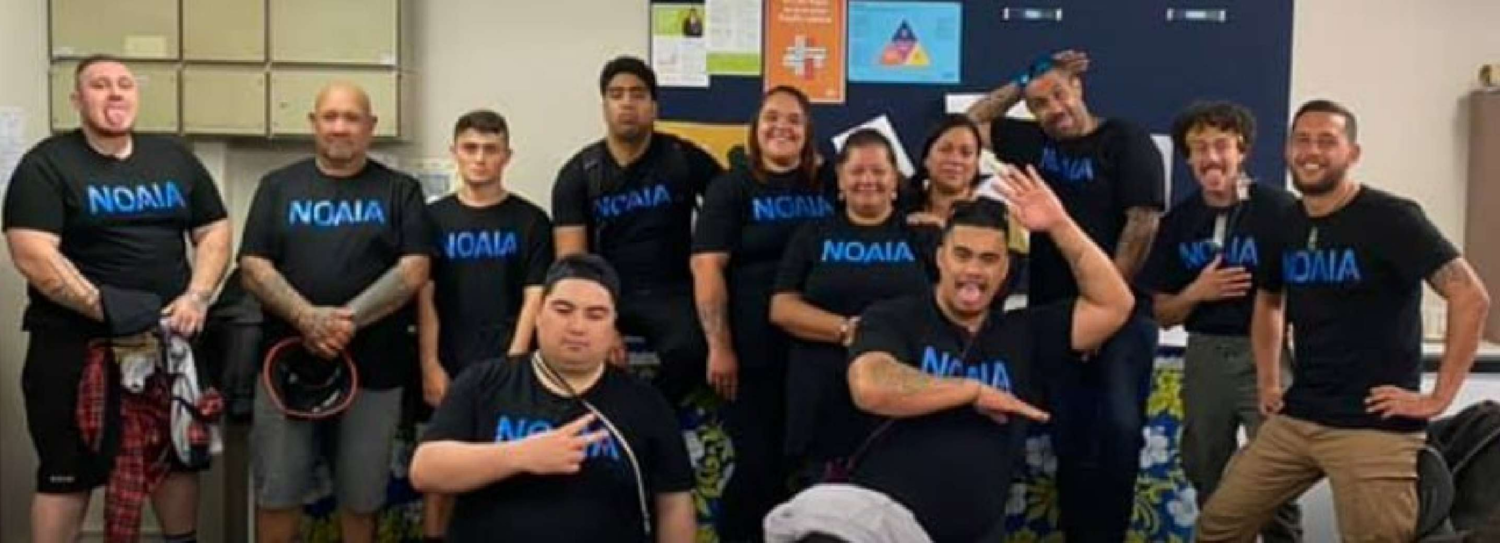LOGIN:
They say that hearing is listening to what is said; listening is hearing what isn’t said. When we listen with curiosity; listen with the intent to understand; we can show the greatest kindness. The quieter you become, the more you can hear. As the country engages in dialogue of division; the art of appreciative listening becomes even more important than ever. With a bit of provocative prodding from the media, it appears everyone has an opinion about those who you are worthy and those who are not; those who are vaxxed or unvaxxed.
They say that hearing is listening to what is said; listening is hearing what isn’t said
There is all range of reactions about reference to gangs; to sex workers; to prisoners; to a pastor from the Destiny Church. At the end of it all, we are all whānau members; doing our best to enable our mokopuna to be fit and strong. There is no value in the game of divide and rule. The solution lies in the conversations we must have about how we eliminate COVID from our midst; what we can do, collectively; to reduce the terrible impact that the Delta strain is having on our communities. We have to have this dialogue together – to listen to different point of views – and to make wellbeing our universal focus.
A key aspect of the Whānau Ora ecosystem has been the vital role that coaches play in supporting whānau. Whānau have been supported across many different workstreams, and whānau who were declined have been supported to resubmit applications. September has seen a huge volume of referrals being analysed and referred for coaching with the bulk of whānau funding coming from Wave 14.
A handful of our whānau have expressed some mental distress associated with Covid lockdowns and the forever changing landscapes. In all instances our coaches have noted this and where appropriate additional support has been arranged to ensure our whānau are supported to succeed through these challenging times.
Specific areas such as budgets and tax obligations are common stresses our whānau ask for specific support to manage. This is consistent with all previous waves as many of these whānau are registering as sole traders and the such for the first time and want to ensure they are keeping on top of their tax obligations.

Last Friday our Pou Whakaaweawe, Hikairo Te Hae, visited Te Tau Ihu to attend the graduation ceremony for Pito Mata, an initiative created by Hawaiki Kura led by Kiley Nepia with a focus on Māori rangatahi leadership and the rediscovery of their history and whakapapa through the use of mau rākau, mahi waewae, haka, waiata, and other activities. Hikairo was very privileged to witness first-hand the positive impact that whānau transformation has on our rangatahi, the future leaders. While up in Te Tau Ihu, he also got to meet and learn about Te Pātaka, led by Josh Joseph, the initiative that has provided kai to so many whānau and kaumātua in need.
To finish off his time, Hikairo stopped in for a bite to eat at Morries Munchies, an initiative created by Whirimako Hills where he was welcomed with open arms. He got to spend some time talking to them over a bowl of seafood chowder and two large fry bread. They were able to share their vision, all about creating opportunities for rangatahi to be able to come through and learn life skills, things like cooking and running a business.
Also in Te Tau Ihu, this week Keelan Walker of Loud Noise Media visited Te Pātaka at their Blenheim warehouse to commence filming for a digital story about this amazing initiative. Te Pātaka packed and distributed kai to whānau through two nationwide COVID-19 lockdowns, as well as distributing kai throughout the year to whānau in need. Keelan is pictured here interviewing Dr Lorraine Eade – watch this space as their story unfolds and they continue to spread their connections and impact across Te Tau Ihu. Watch here.
Our Whānau Champion Gina-Lee Duncan has been spending time in Te Tau Ihu and Te Tai Poutini, checking in with whānau from Poutini Waiora in Hokitika, Te Āwhina Marae in Motueka and Whare Manaaki in Māwhera. Kōanga Kai is such a beautiful kaupapa, bringing in all whānau to enhance connections when society is encouraging isolation, and a safe space from divisions because everyone has food in common, and the desire for health!
We have also received milestone reporting from Noaia, a programme that streamlines rangatahi and wider whānau into meaningful and sustainable employment pathways across a range of sectors. At a recent catch up they received some amazing feedback from their participants, who they have supported to get their driver licences, first aid certificates and forklift licences.

Congratulations to key Whānau Ora partners and entities who this week have been announced as finalists in the Westpac Champion Business Awards 2021:
Rata Foundation Champion Community Impact – Small: Foodbank Canterbury
The Press Champion Community Impact – Medium/Large: He Waka Tapu
Christchurch City Council Business For Good: Foodbank Canterbury
Whare Tukutuku invites whānau Māori who mahi or want to mahi in the Alchol and other Drug areas to express an interest to attend this wānanka.
This is an opportunity for hapori Māori to come together, learn, and share knowledge about mahi in the AOD space. Bring our sense of humour, an open mind, and an empty puku.
October 28
10am to 4pm
(Ōtautahi, Wai-Ora Trust)
This week our intrepid Navengers – Whānau Ora navigators – met up in Christchurch as part of their professional development programme. Here they are having a moment to relax; revitalise and renew.
Māori Health Manager, Hector Matthews; Te Puawaitanga Chief Executive; Alison Broad; MP Rino Tirikatene and Minister of Police; Hon Poto Williams
We were pleased this week to be involved in some quick visits from the Minister for Whānau Ora / Associate Minister of Health; Hon Peeni Henare. Principal Advisor, Ivy Harper; attended the brunch with the Minister and Hauora providers; and in the afternoon Hora Kairangi Nicholas and Leanna Pardoe represented us and spoke to the rangatahi vaccination movement, at a hui with MIHI – Māori Indigenous Health institute.
We were delighted also to host Hon Poto Williams who wanted to find out for herself what had happened with the closure of the Puna fund. We were so appreciative that she took time out of her busy schedule to sit with us a while; to ask how we were; and to make whānau wellbeing her priority. We shared a few tears; lots of stories; and most of all a common understanding about the importance of ensuring all whānau are cared for.